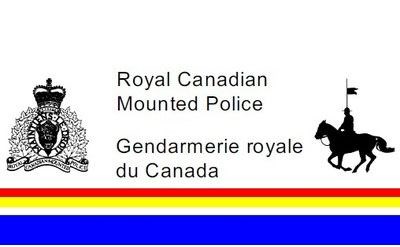The common Overpayment Fraud is where a person receives a cheque for goods or services that the person has legitimately offered for sale, usually over the internet.
The seller receives a cheque in the mail from the purchaser in excess of the money owed. Whether the cheque is a cashier's cheque, personal cheque or corporate cheque, it is counterfeit.
The seller is asked to deposit the cheque and wire the excess funds back to the purchaser or a third party (also in on the fraud) who is brokering the deal or said to be providing another service that the purchaser needs to pay.
Often the fraudsters are from another country and ask the victim to forward the cash as a favour to avoid international red tape or payment delay. Of course the cheque is subsequently returned as counterfeit and the seller is out the excess cash.
Wired money cannot be tracked or returned.
People in Prince George have been victimized by this scam in the past.
In some cases people that were advertising rental property on internet sites have wired excess cash to criminals. More recently, criminals have contacted persons that have provided homestay opportunities for international students in the past. In these cases the fraudsters sent cheques for approximately $4,000, well above the amount needed.
Then the criminals requested the home owners send $1,000 to the "student" for initial expenses or a third party in another country.
In order to avoid overpayment scams, remember the following general words of advice:
Know who you are dealing with; independently confirm your buyer's name, street address, and telephone number;
Never accept a cheque for more than your selling price;
Never agree to wire back funds to a buyer. A legitimate buyer will not pressure you to do so, and you have limited recourse if there is a problem with a wire transfer;
Resist pressure to "act now." If the buyer's offer is good now, it should be good when the cheque clears;
If you accept payment by cheque, ask for a cheque drawn on a local bank or a bank with a local branch. You can visit that bank branch to determine if the cheque is legitimate;
If the buyer wants to use a service you have not heard of, be sure to check it out to ensure it is reliable. Check its web site, call its customer service hotline, and read its terms of agreement and privacy policy. If you do not feel comfortable with the service, do not use it.
For more information on common frauds in Canada, go to the Canadian Anti-Fraud Centre website or click pgc.cc/1h1st5P.



